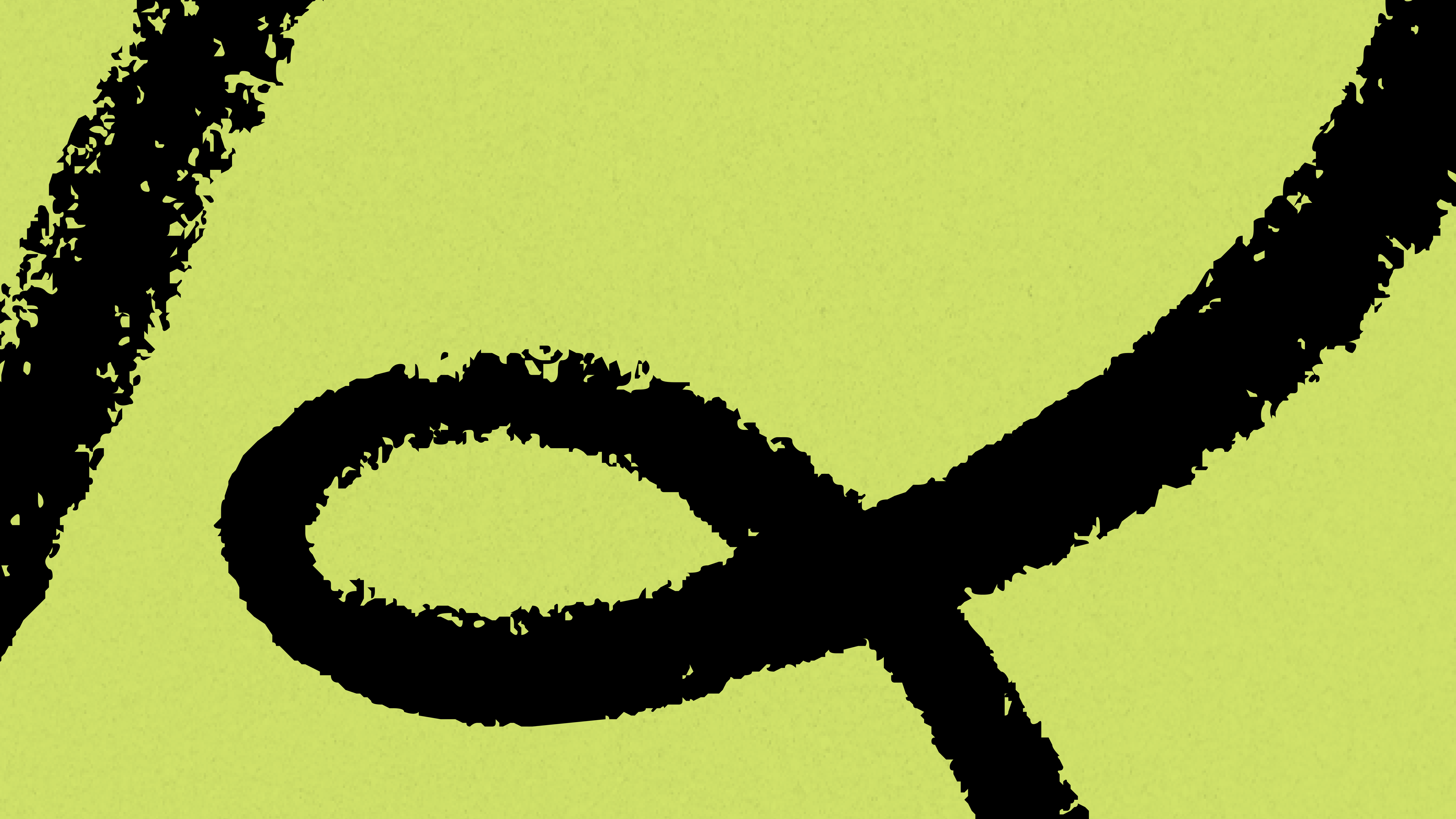
There’s No Pot of Gold at the End
Khe Hy tells us about using productivity to spend more time on the things that matter
October 8, 2019
Gram was put on hospice the other night.
I feel a little bit weird putting that into a newsletter, but if we can't be honest with each other what's the point of doing this?
She's 87, and she's been sick for a long time. But she's still my grandmother, and I'm still terribly sad to see her leave us.
So why bring her up in a newsletter that's ostensibly about organizing what you know?
Well, I think organizing what you know — or the idea of productivity in general — requires us to take a hard look at everything in our lives. Not just the parts of our lives where things are going well, or we're feeling good.
Let me explain...
30,000 people read the last edition of this newsletter, and I asked each person who subscribed why they signed up. I heard a lot of stories: stories about getting ahead, keeping up, about finding a new system, about keeping organized, or being too disorganized.
But I also heard people ask for more realness. I heard people ask for stories about what to do when times are hard, when you fall off of your system, or you haven't done anything productive in months.
I heard people talk about being a single parent and being underwater. I heard people talk about just getting a new promotion and feeling unprepared.
I heard from people who said they were just flat out exhausted.
And all of those people talked about feeling alone.
And so that made me think that it would be worthwhile to take this time and this platform to try to talk about some of those things that we don't normally talk about in forums like this.
Because at it's best, what we're doing here isn't about squeezing more productivity out of your time. It's about squeezing more life out of your time — whatever it is that makes you feel alive.
It's not about being a productivity machine, it's about being more human.
So I wanted to spend this week interviewing someone who I think exemplifies this idea: Khe Hy.
I’ve been friends with Khe for a while now, and what I’ve learned from him is this:
The point of productivity can actually be to squeeze more work into fewer hours so that you can go surfing (if you want to.)
Or to go hang out with your family, and watch your kids grow up (if you want to.)
Or to be really productive on some other project that's close to your heart, like a book or a screenplay or whatever (if you want to.)
Or spend all of your time trying to make your startup succeed (if you want to.)
The key is to first be conscious, and second to make the hard decision to choose to live your life like it's your life, not someone else's. And to not feel bad about it. Which, I think is a reminder that everyone on this newsletter needs including, and especially, me.
You only need to hear Khe’s biography to know why I think he exemplifies this idea. Khe began his career with a bang: when he was in his early 30s he was one of the youngest MDs ever at BlackRock’s fund of funds business. BlackRock is, of course, one of the largest asset management firms in the world with over $6 trillion under management. It also happens to be notorious for its hard driving, ambitious, work-around-the-clock, success at all costs culture.
But rather than chasing the extra millions that a long-term career in finance could give him, Khe made the extremely scary decision to leave it all behind in order to pursue something more important: a happy life.
Now he spends his time running his business, writing, raising his kids, and surfing every morning in LA. He’s been writing RadReads, a newsletter which he calls a “guide to the examined life”, for the last 4 years and has amassed over 17,000 subscribers in that time. He runs a successful coaching business, helping his clients with deal with the psychology of money. And he’s a contributing editor at Quartz.
One of the things that Khe and I bonded over is this idea that there's no pot of gold at the end of the rainbow. That there's no amount of money or success that enables you to wake up, throw the weight of expectations and self-criticism and feeling of not-yet-enough off of you and announce, "Okay, I've accomplished enough, I'm ready to live."
There's no pot of gold at the end of your infinite todo list that will let you do that. We have to choose to do that every day, actively, for ourselves. If we don't, it won't happen.
Either we fill our days right now, as much as possible, with experiences that make us come alive, or we are putting off our lives for an illusion.
And hopefully, since you're on this newsletter, system-building, and organizing, and reading, and learning, and remembering, and making shit happen is a big part of that for you.
So I’m very happy I get to share Khe with you in this interview. Let’s dive in!
Khe introduces himself
My name is Khe I'm a father to two lovely little girls, Soriya and Amelie, and husband to my wonderful and beautiful wife, Lisa. I'm an entrepreneur, and have a mix of different activities and projects that I'm always working on.
I think of myself more as a career grazer than a sniper, when it comes to the kind of work that I do. And as you know that, that's a big contrast from the 15 years I spent on the Wall Street hamster wheel. So maybe I'm just rebelling against my former self.
I do two things primarily: I work on a group of digital properties called RadReads, and I’m a contributing editor at Quartz.
At RadReads, I write a lot in the form of a newsletter, and the blog about what it means to live an intentional life. And what happens when we shine a light on some of the darkest parts of our souls. I also write a lot about the psychology of money, and I do coaching around that as well.
Why do you build these kinds of systems for yourself
Excellent question. I think a lot about productivity. And I think just like diet pills, or iPads, productivity is a material solution to an emotional problem.
For a long time, that next productivity app that I bought and used was, on the surface for the consumption of knowledge and skill development. But on a deeper level, I was buying it to soothe some existential angst that I carried.
For my former self, productivity equaled output, equaled money, equaled status, equaled — supposedly — happiness. And it was that last part of the sequence which proved to be quite elusive.
Now, in my new life things are significantly different. I still think a lot about productivity, but the equation has shifted. For me, productivity equals more time. And the more time I can optimize, the less time I need spend on work.
If my former self were given back five hours a week, I would try to bill five more hours. But now, I would work for five less hours. And I use that time to be a dad and to surf and to meditate and to do a lot of work on myself.
But beyond productivity helping me to optimize my time, there are two other big reasons I do it. First is that I have a really, really powerful, deep-seated belief that if there's something that I know, that someone else would benefit from knowing I have a duty, I have a responsibility to share it with them. So I build systems to help me share what I know with other people.
And then second, is that I look at myself as a craftsman. A digital craftsman, but a craftsman nonetheless. I get a lot of joy out of it. And it's just hard to be a craftsman if your ideas are all over the place.
I need some type of structure to advance my creative ideas, which are which my craft. And so that's the underlying motivation to stay organized.
He uses PARA to organize everything
I use Tiago Forte’s PARA across everything: OmniFocus, Evernote, Notion, Google Drive, Dropbox, etc.
PARA is a system to help you organize everything by actionability. It stands for:
- Projects
- Areas
- Resources
- Archives
And it helps keep the information that’s most important, easily accessible. [Editors Note: for an introduction to PARA click here.]
He uses OmniFocus to quickly capture anything on his mind
Everything starts with OmniFocus for me. OmniFocus is a todo list app based on David Allen's Getting Things Done philosophy.
In a nutshell, the GTD system is to get ideas out of your head as fast as possible to eliminate cognitive load. You do that by dropping everything that comes into your head into an inbox.
Once you drop it into the inbox you can forget about it. And that eliminates the cognitive load so you can then go back to being creative, you can go back to being a dad, you can go do whatever.
So anytime something pops into my head I drop it into my inbox in OmniFocus.
And then at the end of each day I go into my inbox and add metadata. So I’ll add a due date, or associate it with a project.
He uses the OmniFocus review function to check in periodically on important things
The other feature of OmniFocus that I really use is the review function. What that does is it basically brings to your attention on a periodic basis all of those important, but non-urgent things in your life, to make sure you’re staying on top of them.
So this works for things like your health, or your long-term projects and goals, or a list of principles, or even a bucket list.
You don't need to review your bucket list every week. But you probably should review it every six months and and then ask yourself, like, if your goal is to go to the Super Bowl, “Am I taking steps to go to the Super Bowl?”
And the review function lets you do that. You just set a time period for whatever it is you want to review, and then it will bring it back up for you at the appropriate time.
He uses Contexts to help him organize tasks by cognitive load
Then the other thing that I do is I use the Contexts feature of OmniFocus to tag tasks for different situations. One of the ways that I use it is to mark tasks for different levels of energy or cognitive load.
It’s good to mark tasks for different levels of energy because you’re not always at peak productivity, and you don’t always have time to get into flow. And it’s nice to have tasks lined up so you can bang them out, even when you’re not feeling great.
One of my favorites for this is what I call, “Brain Dead Email.” It’s the kind of thing where, you know, four o'clock rolls around, and I just open up “Brain Dead Email” and be like, okay, 17 people to email, boom, boom, boom, boom, boom, boom, boom, a bill to pay, and done!
It’s good to have a system like this when you need a cheap win.
Using Evernote as his outboard memory
The next thing to talk about is Evernote. A lot of Evernote’s function, for me, has been taken over by Notion these days. But I still use it as kind of an outboard memory. It’s just really, really good for shards of information, and it almost acts like a scrapbook to collect bits and pieces of ideas.
So any time I run into an article, or a blog post, or a piece of a book, or anything that seems like it could be useful I’ll throw it into my Evernote.
I have an IFTTT integration where every highlight I make on Instapaper, it automatically gets added to my Evernote. I also have this for my Kindle highlights.
Any time I see something that I think my future self would be interested in, I throw it into my Evernote. And it’s great because if you build this up over a period of years, it’s almost like you have your own mini-search engine.
For example, I’ll probably write a post for RadReads some time in the next few months. And rather than be faced with a blank page, I can just go into my Evernote and search “networking.”
And if I search for networking I can find 55 notes. I mean, that's pretty amazing.
One search, and I have 55 Khe-selected snippets that I can use. It saves a ton of time and it makes my writing better.
How he uses Notion as a lightweight CMS
Notion is probably the tool I’m most excited about these days.
The first thing to talk about with Notion is that I use it for RadReads as basically a lightweight CMS. I have a ton of things in here, all of which are publicly accessible to my audience: book club reading lists, a job board, worksheets, wiki articles, and more.
Even though I use WordPress for my main blog, I find myself really pulled to create content in Notion. You can really throw up these quick, beautiful pages in like 10% of the time it would take to do the same thing in WordPress.
For example, I wrote an article about my trip to Copenhagen in Notion. And it took my just a few minutes to put all my notes in there, in case anyone from my audience ever visits. And it looks great — and it just took me a few minutes.
The downside is it’s not branded, it’s not on my own website, so you’re giving up SEO and stuff. But for certain types of one-off articles it’s really clearly superior to everything else.
Using Notion to create a job board for his audience
So I use Notion a ton as a database, or a spreadsheet on steroids. One great example of that is I use Notion to organize a jobs site for my readers. I have a really simple process and it works great.
Whenever I see a job, I’ll add it into a sheet in Notion using their web clipper. And I’ll go through and tag the jobs and make sure there’s metadata. And that just looks like a spreadsheet.
But then, I go in and create a public-facing view. So people don’t actually see the spreadsheet, but they see a well organized, beautiful job site that’s based on the sheet I’ve made.
And this becomes a website that any one of my readers can use to find a job — and it takes me just a few minutes to maintain. How awesome is that? It’s a fucking job website that I set up in like 5 minutes in Notion.
I actually couldn’t do this before Notion, I would’ve had to hire a developer.
He uses Notion for his editorial calendar
I use Notion to track what I’m going to write about for RadReads. And I typically put stuff in there when it’s more than a seed of an idea.
So I have a table that’s a list of article ideas, and then I rank and sort them.
And the beautiful thing about this is that I can go click into any row in the table and just start writing out the article, which I do all the time.
And I’ll just spend time in there starting to shape thing. I’ll write little paragraphs, or put a tweet or a link to an article in there.
And this is just pretty magical, because I can write in here but it’s all structured inside of a table. So it has sortability to it. And it just makes it really easy to keep everything organized for me.
And once I have the basics of an article laid out, then I’ll throw it in WordPress, finish it up, and add styling.
Using Notion as his weekly dashboard
Then the last thing to show you on Notion is my weekly dashboard.
This just really helps me set my priorities for the week. So I’ll set my three most important things to get done. And then I’ll have a bunch of other little things to keep track of. I make a new one every week, and the best way for me to describe it is that it’s my attempt to organize my day on a piece of paper.
I think having the constraints of having just a few priorities for the day, and for the week is really useful. It helps you focus down make sure you know what the big things are, so you don’t end up drowning in the details.
How he falls off of his system, and how he gets back on the horse
I do fall off of doing all of this stuff. Remember, my system rests on the concept of the inbox. I have an inbox in all of these applications I use. And if I stop clearing out my inbox, my system starts to fail.
So I absolutely go through waves of doing this and then falling off. Like, right now there isn’t a lot of stuff in my OmniFocus review function. But if we had looked at it like a week ago there would’ve been like 29 things in there. So I’m not perfect, at all.
Usually things break down for me when I have a lack of sleep. Which for me is predicated on not drinking a lot, which is something I’ve been working on.
But dealing with all of this stuff is really tough. It costs me a lot to be this way.
I’ve spent a lot of time trying to build a life for myself where I’m no longer motivated as much by fear, or anxiety, or status, or whatever. And I’m not just working myself to the bone anymore just for the sake of it. But I have to keep a constant watch out for it, because it sometimes slips back in.
For example, I find myself reading a lot more if I start to get nervous about my professional standing as an entrepreneur. That’s what I turn to when I feel that way.
I’ll start to get a little nervous about it, or feel behind, or whatever, and then next thing you know, I'm like reading Ray Dalio’s Principles late at night instead of sleeping or spending time with my family.
So as far as bad habits go, I guess it's way better than drinking. But it can still be tough to deal with.
On trying not to be to overboard with productivity
It’s really easy to go overboard with this stuff. You want to be ambitious, but you want to be don't want to be too ambitious, right? There's a Razor's Edge of productivity. You don’t want productivity to be about box checking, it should be in service of something bigger.
And so sometimes I’ll catch myself making some sort of detailed modification to my system, and I’ll be like, “What the fuck does this even achieve?” And so I have to stop myself sometimes.
Ultimately, I think this stuff is so worthwhile. But it’s something to keep an eye on.
One book recommendation
The Seven Principles for Making Marriage Work. It’s not just about marriage, it’s really about all types of human relationships.
Dan Shipper is entrepreneur and writer living in New York City. You can reach him on Twitter at @danshipper, or reply to this email. If you liked this interview subscribe below for more just like it.
The Only Subscription
You Need to
Stay at the
Edge of AI
The essential toolkit for those shaping the future
"This might be the best value you
can get from an AI subscription."
- Jay S.
Join 100,000+ leaders, builders, and innovators

Email address
Already have an account? Sign in
What is included in a subscription?
Daily insights from AI pioneers + early access to powerful AI tools
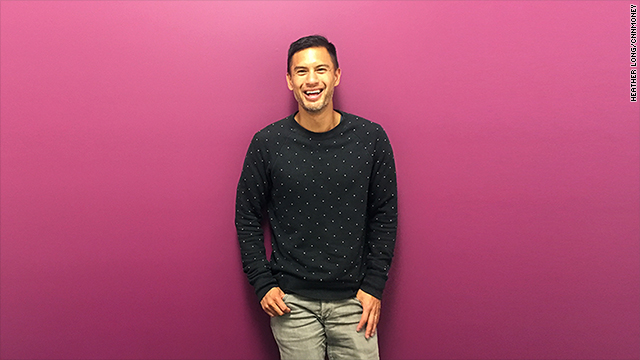
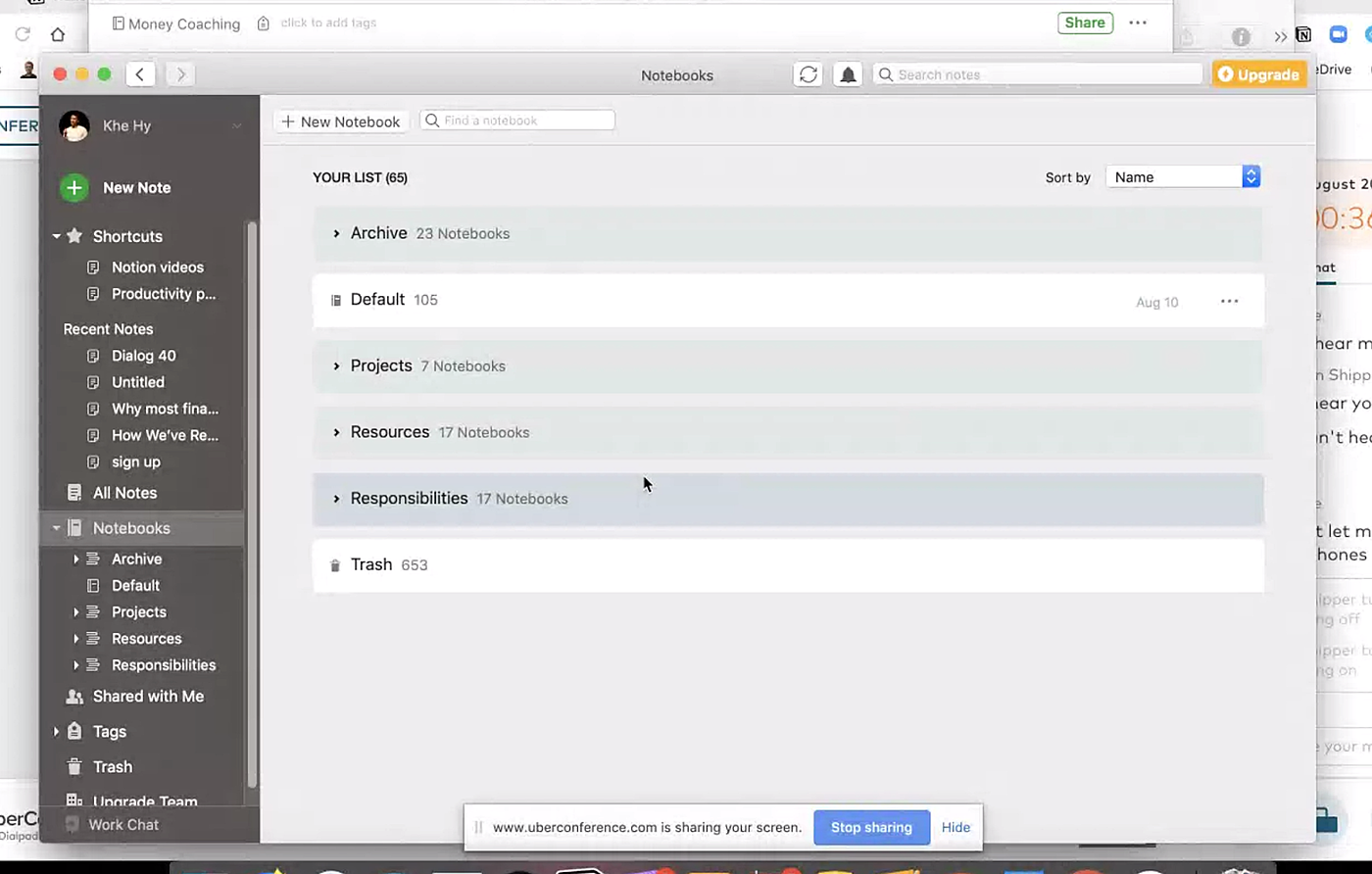
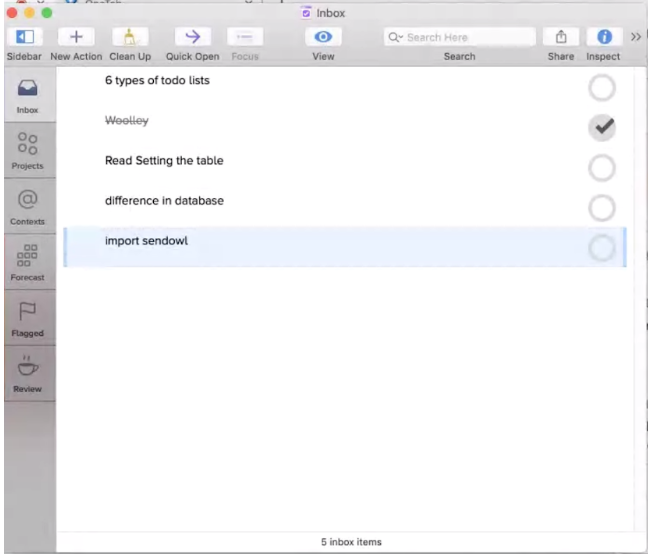
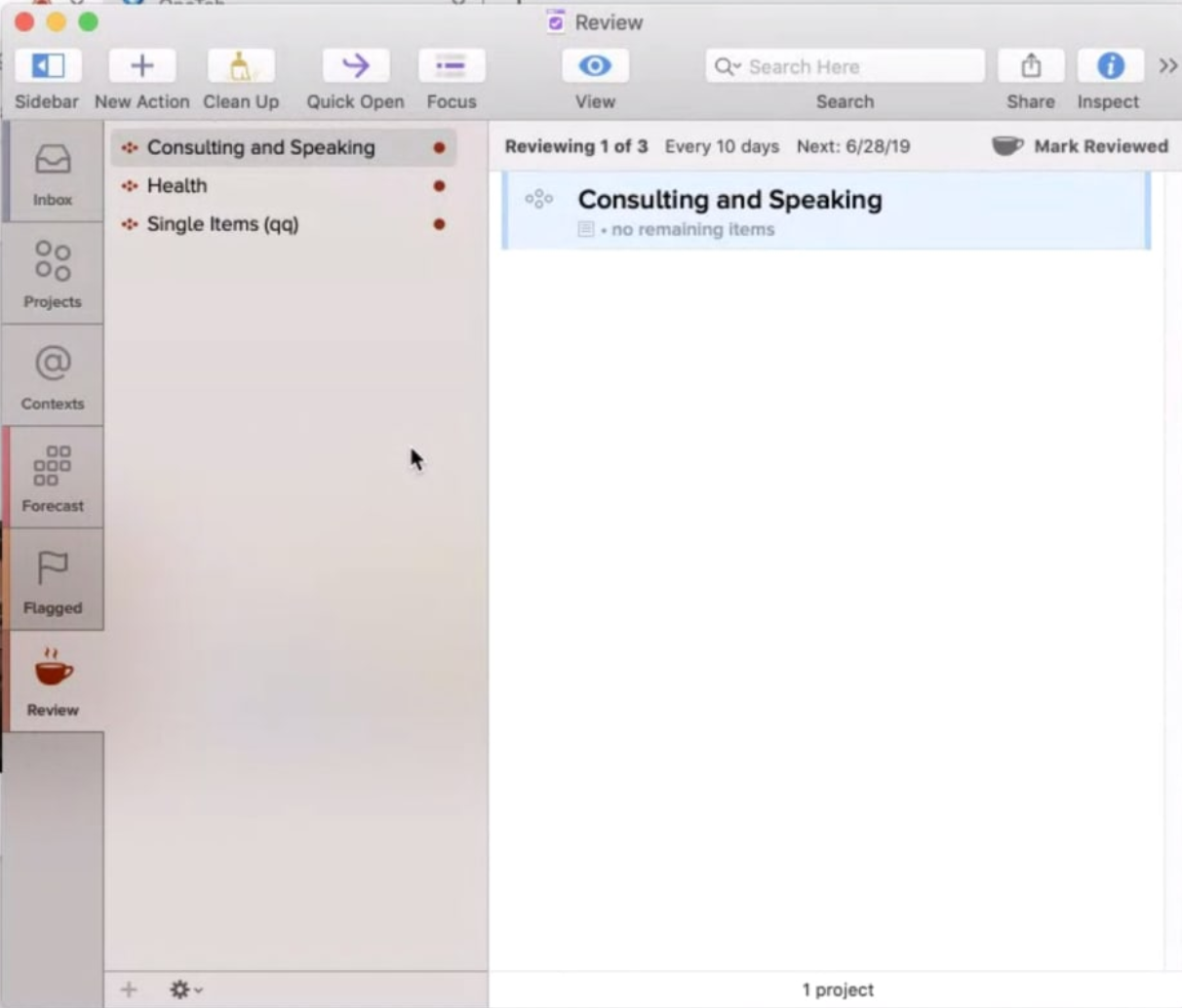
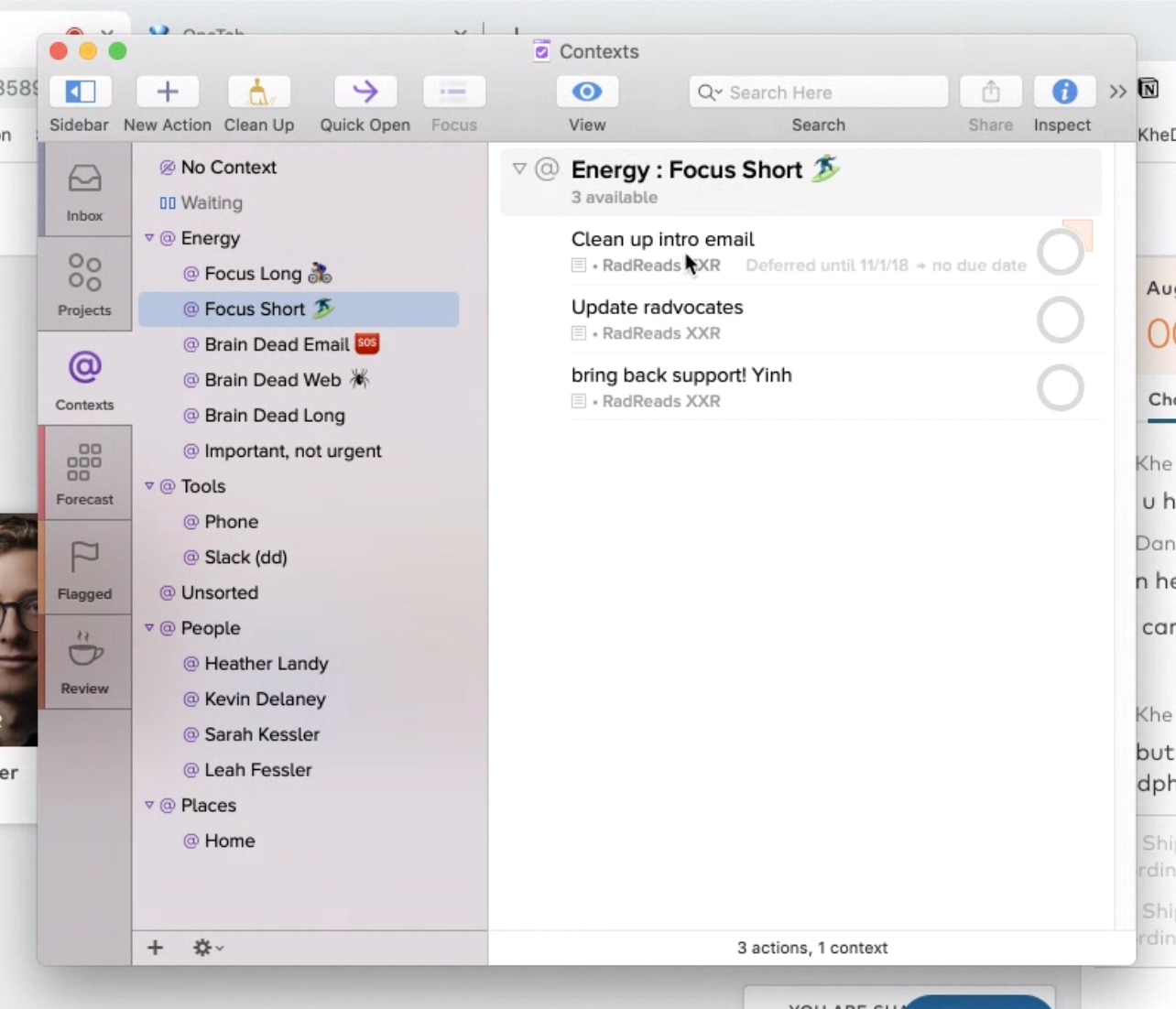
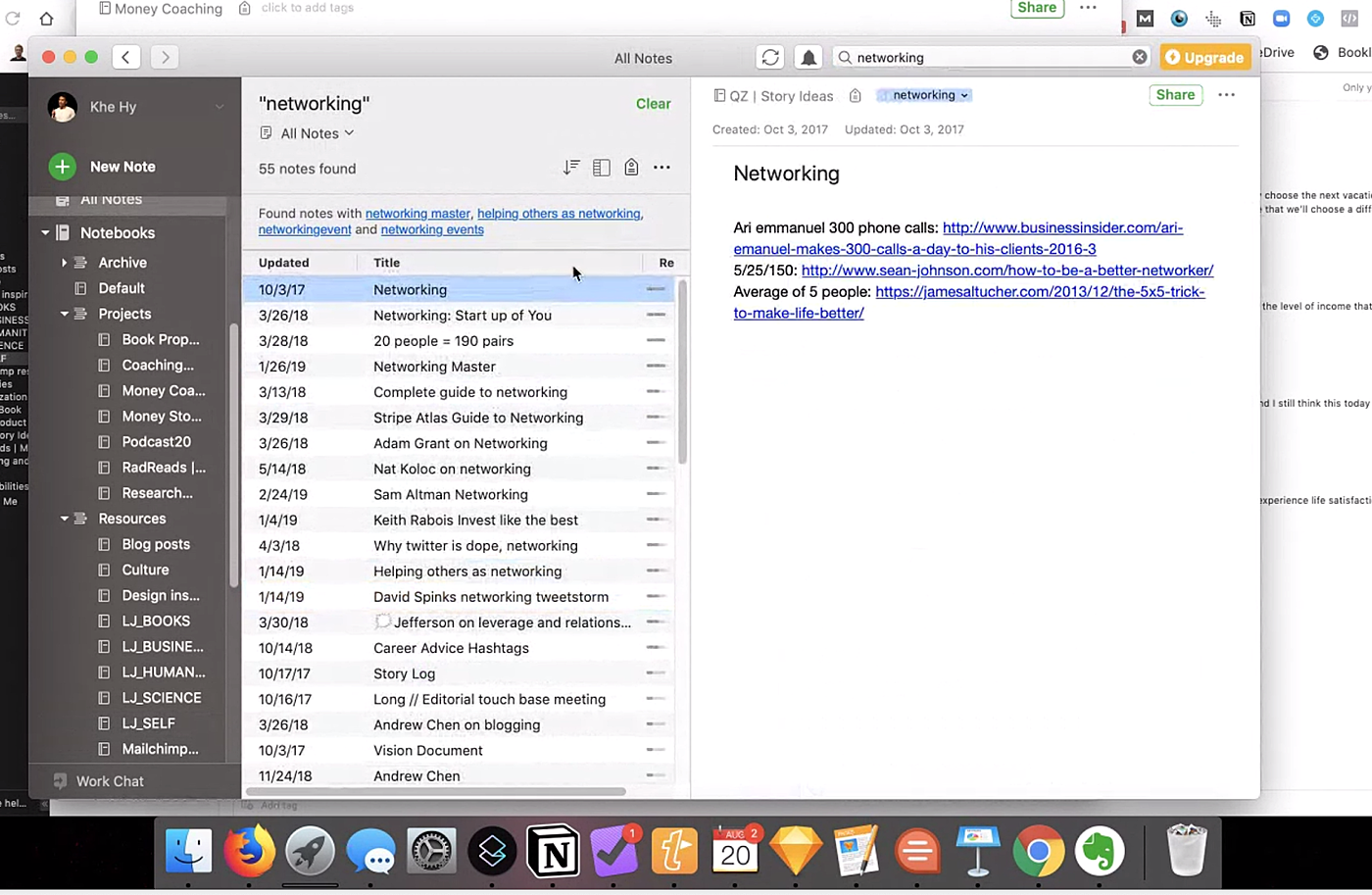
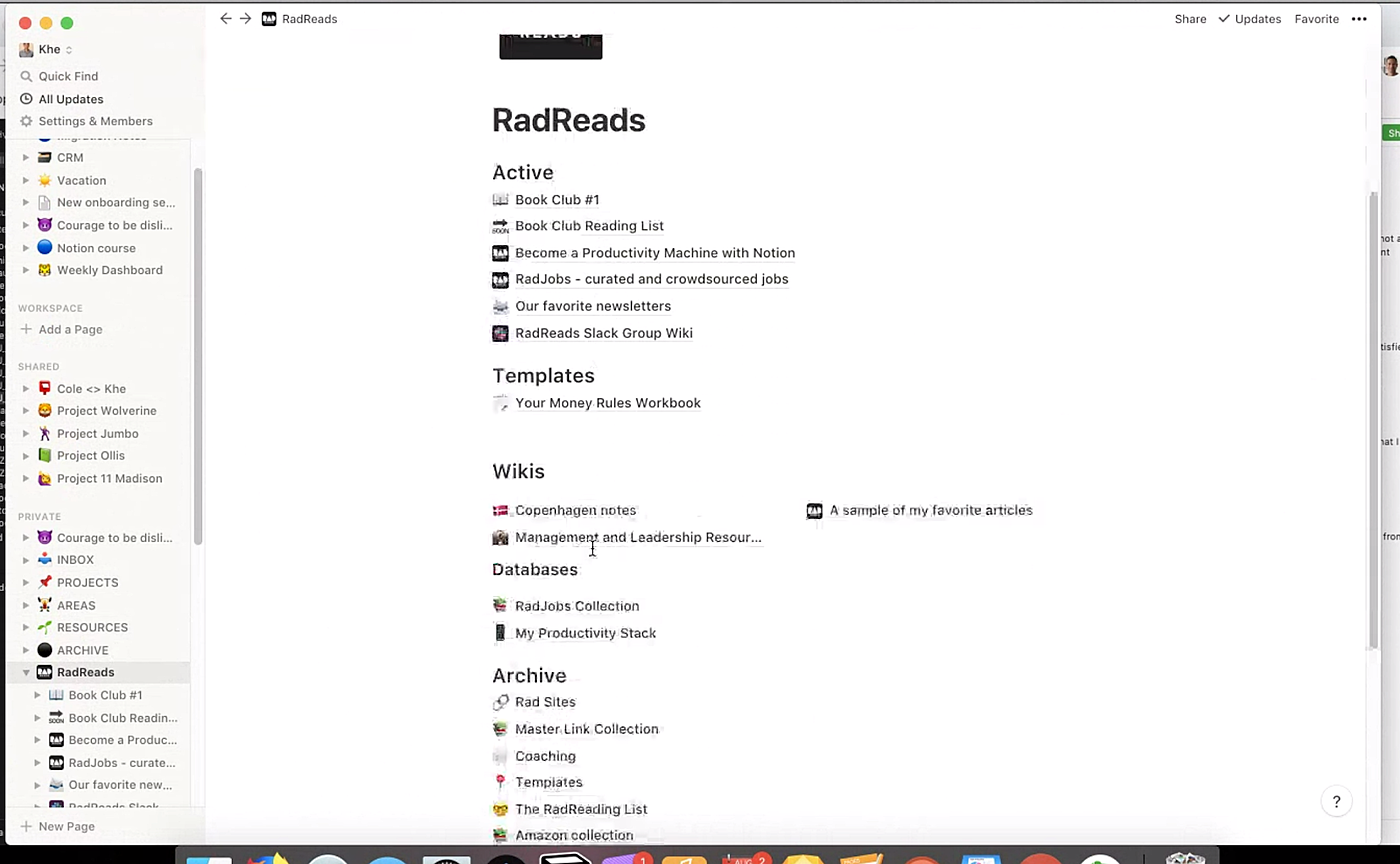
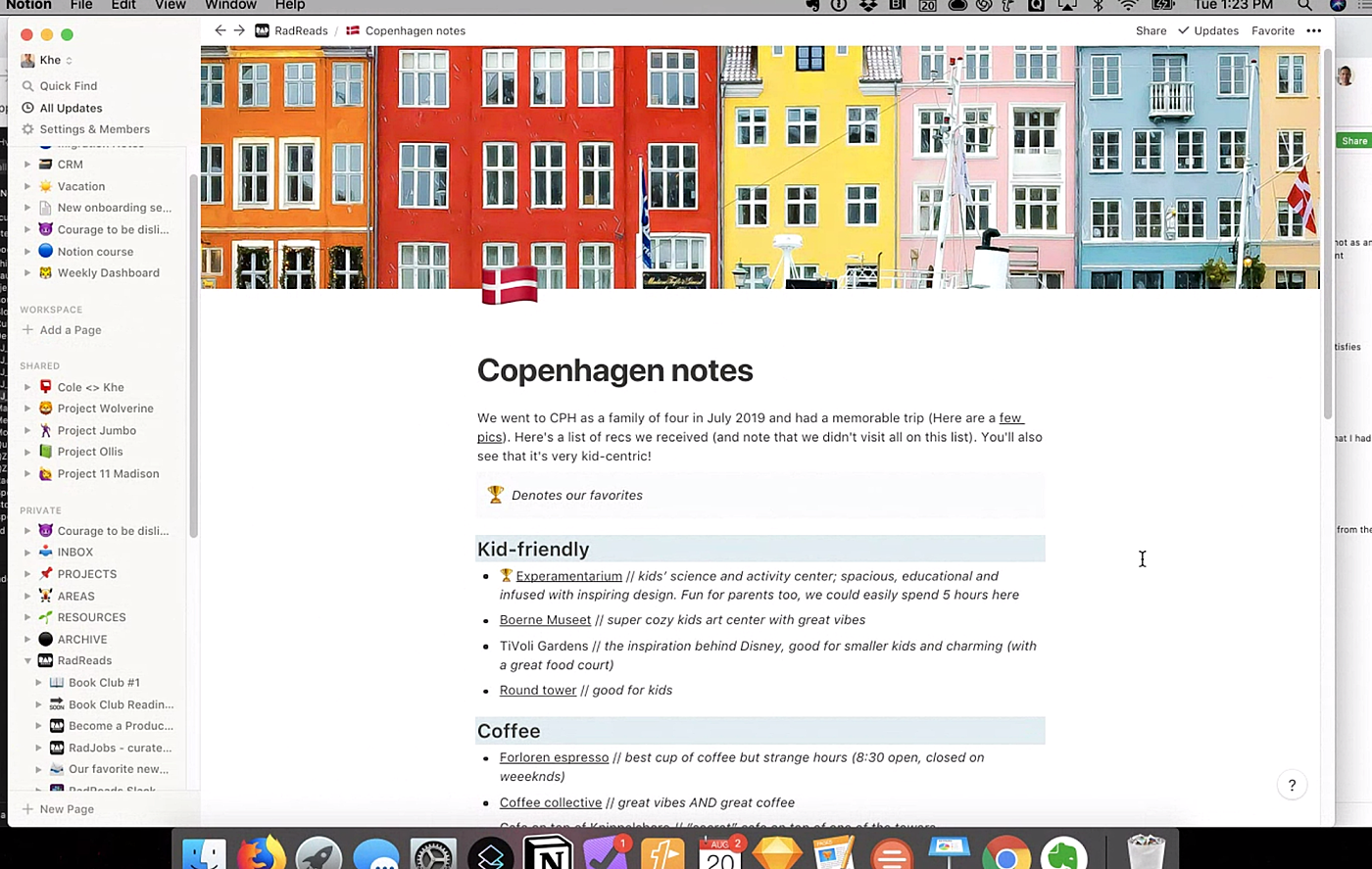
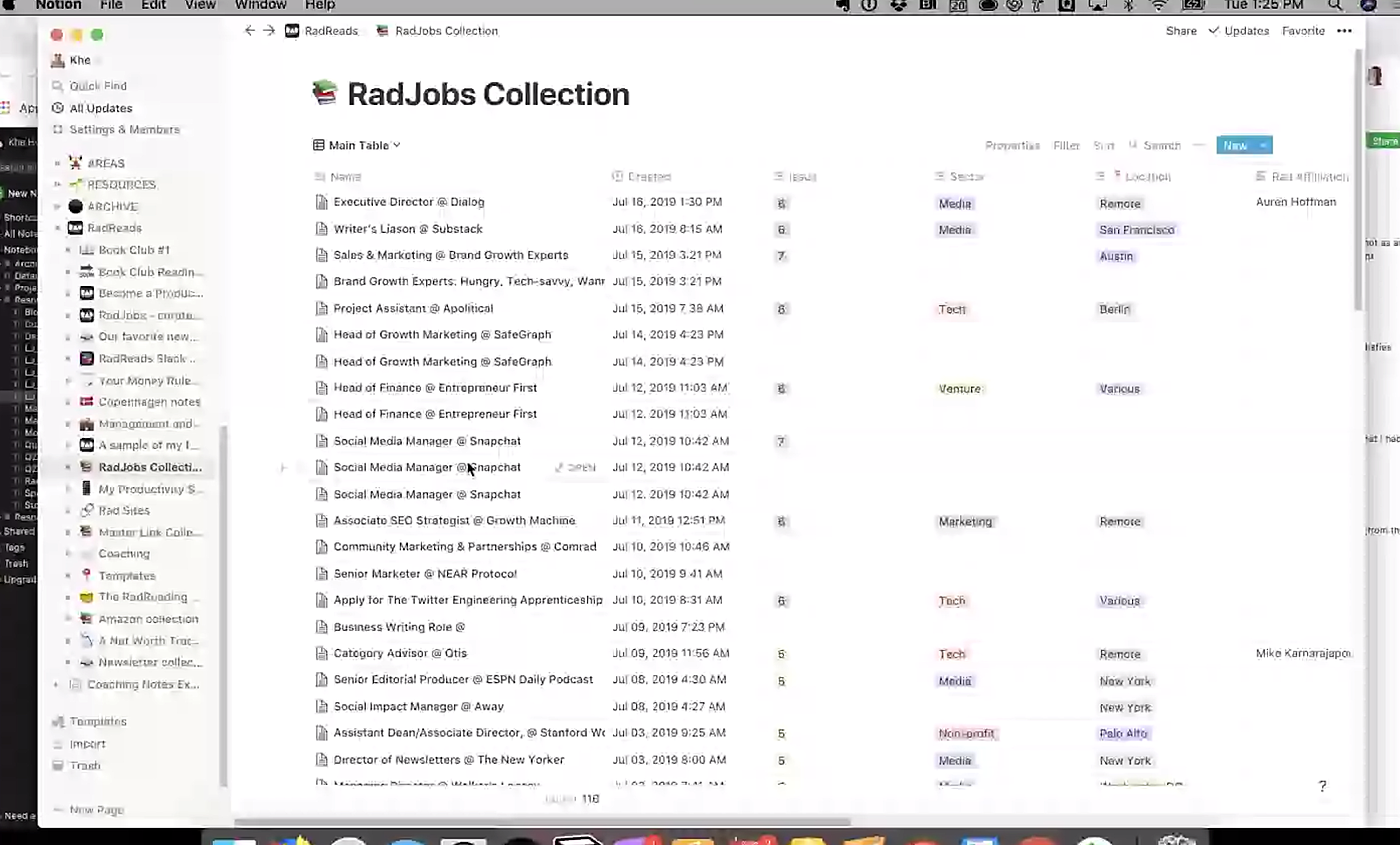
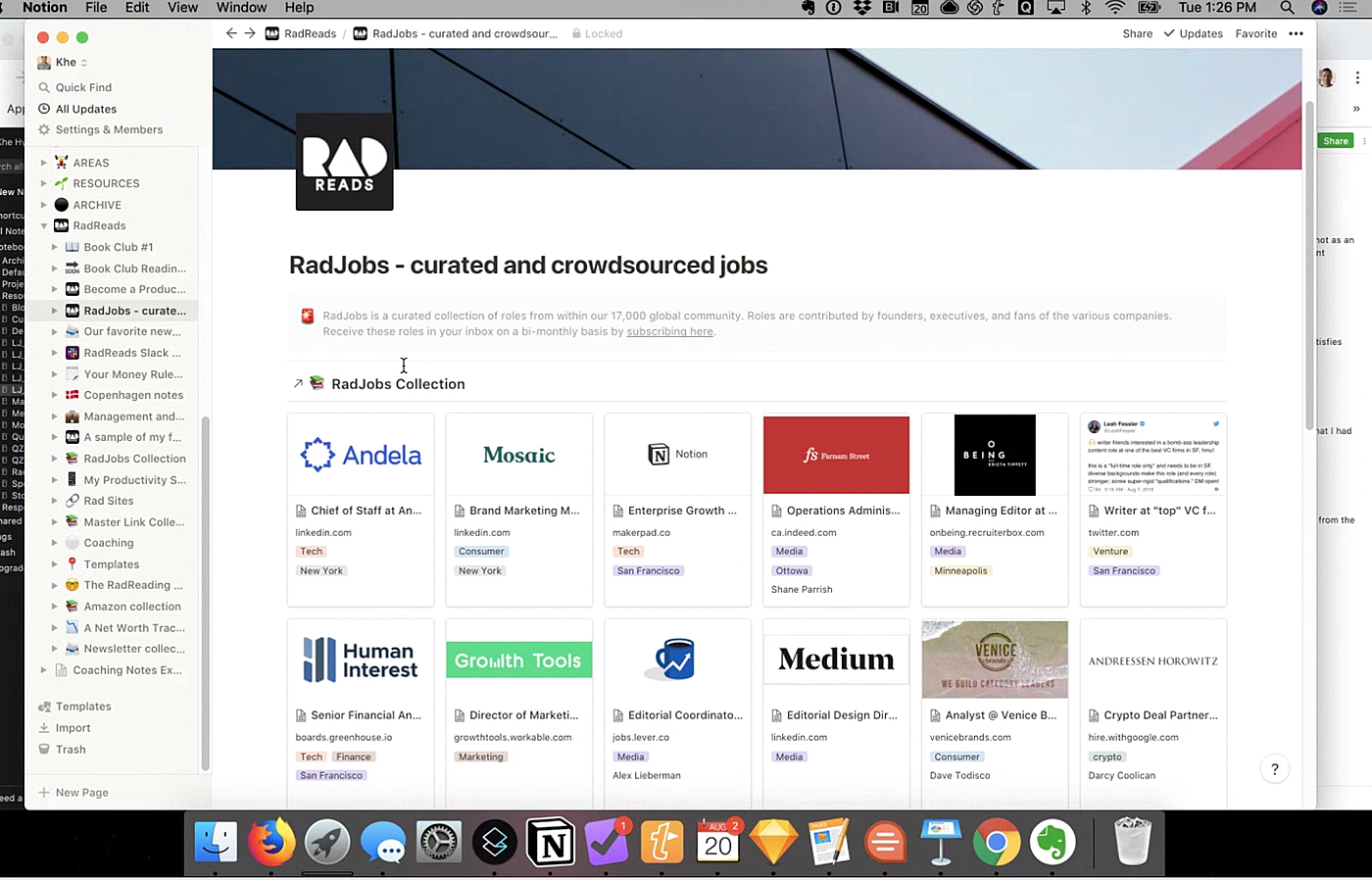
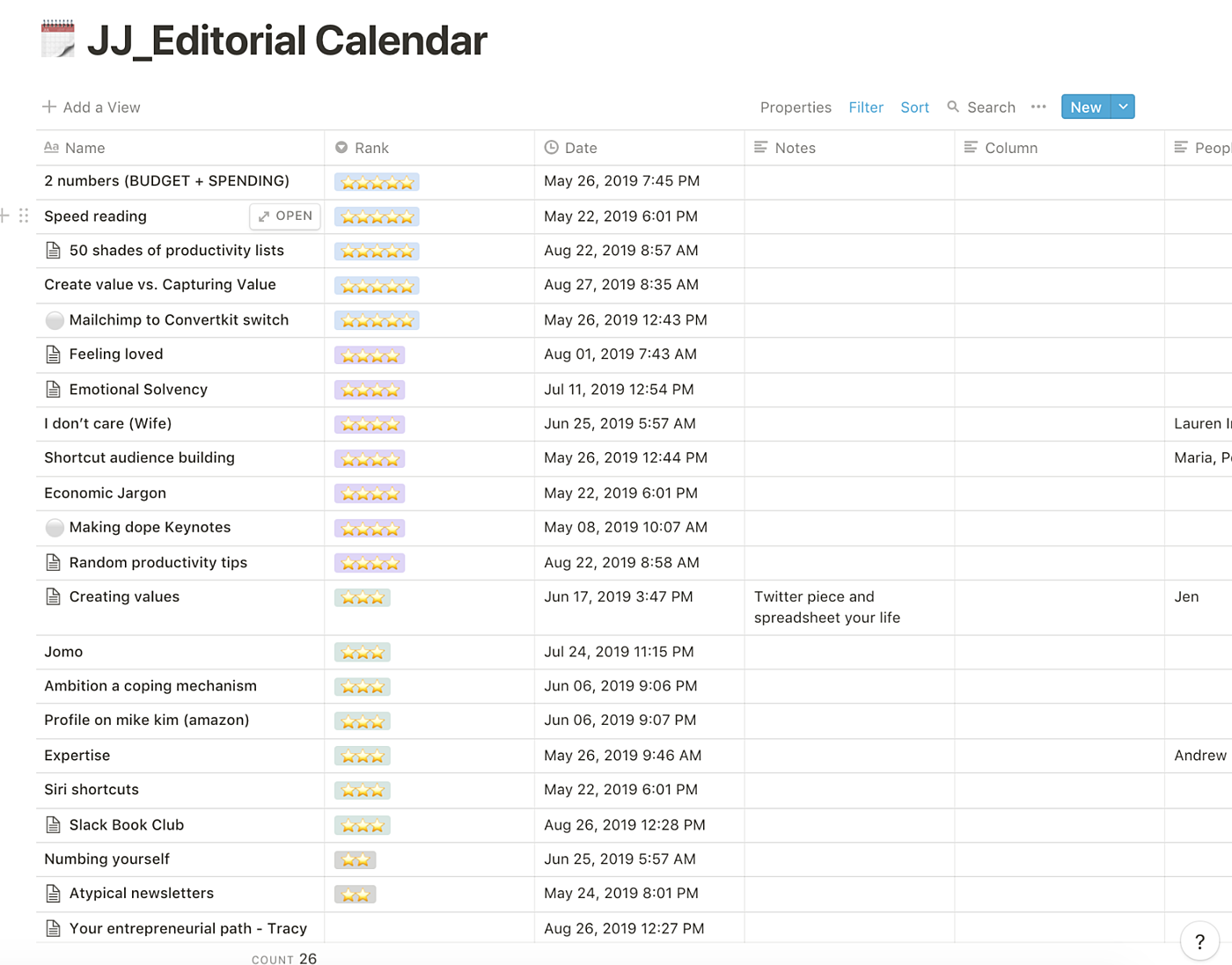
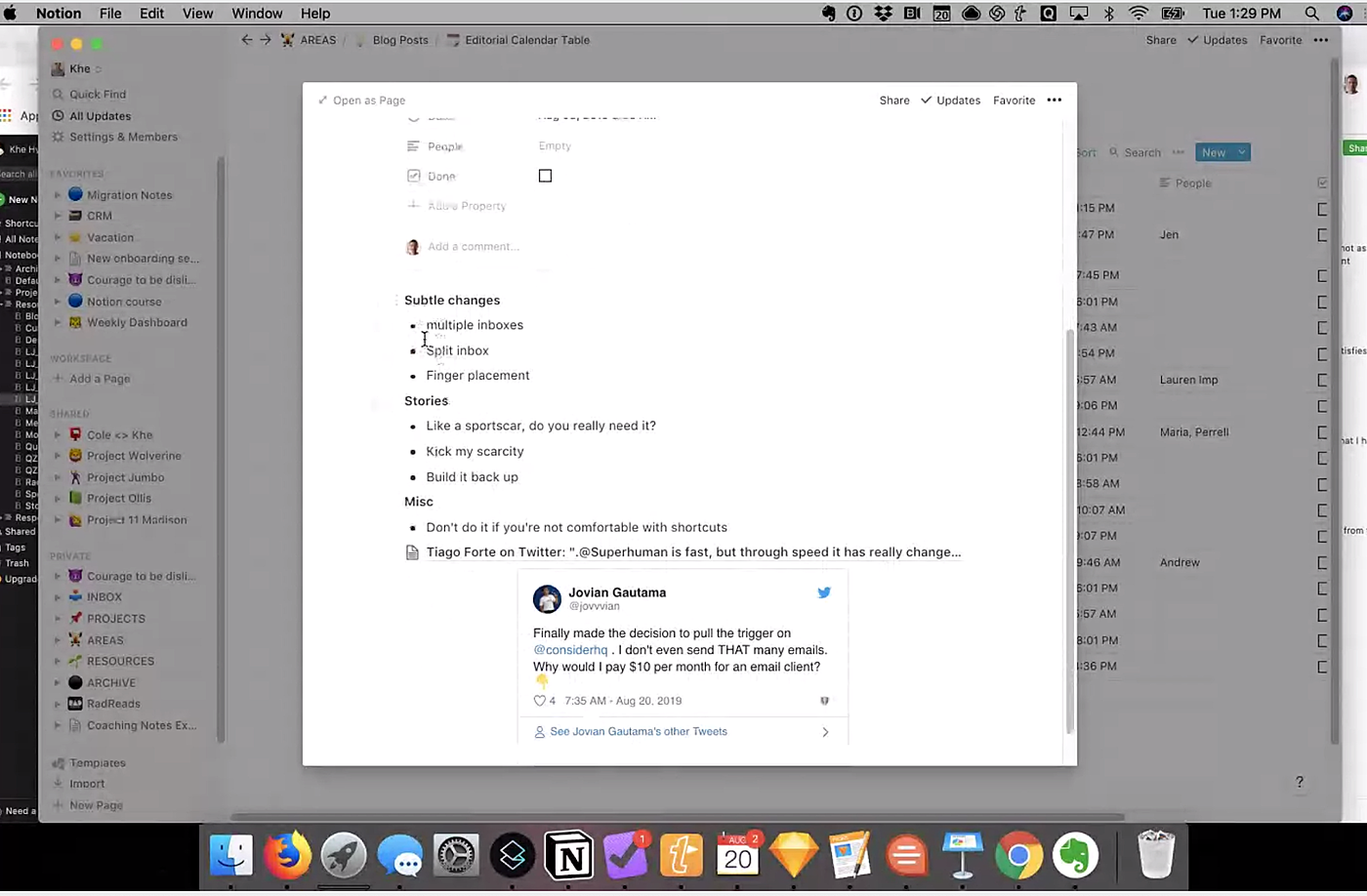
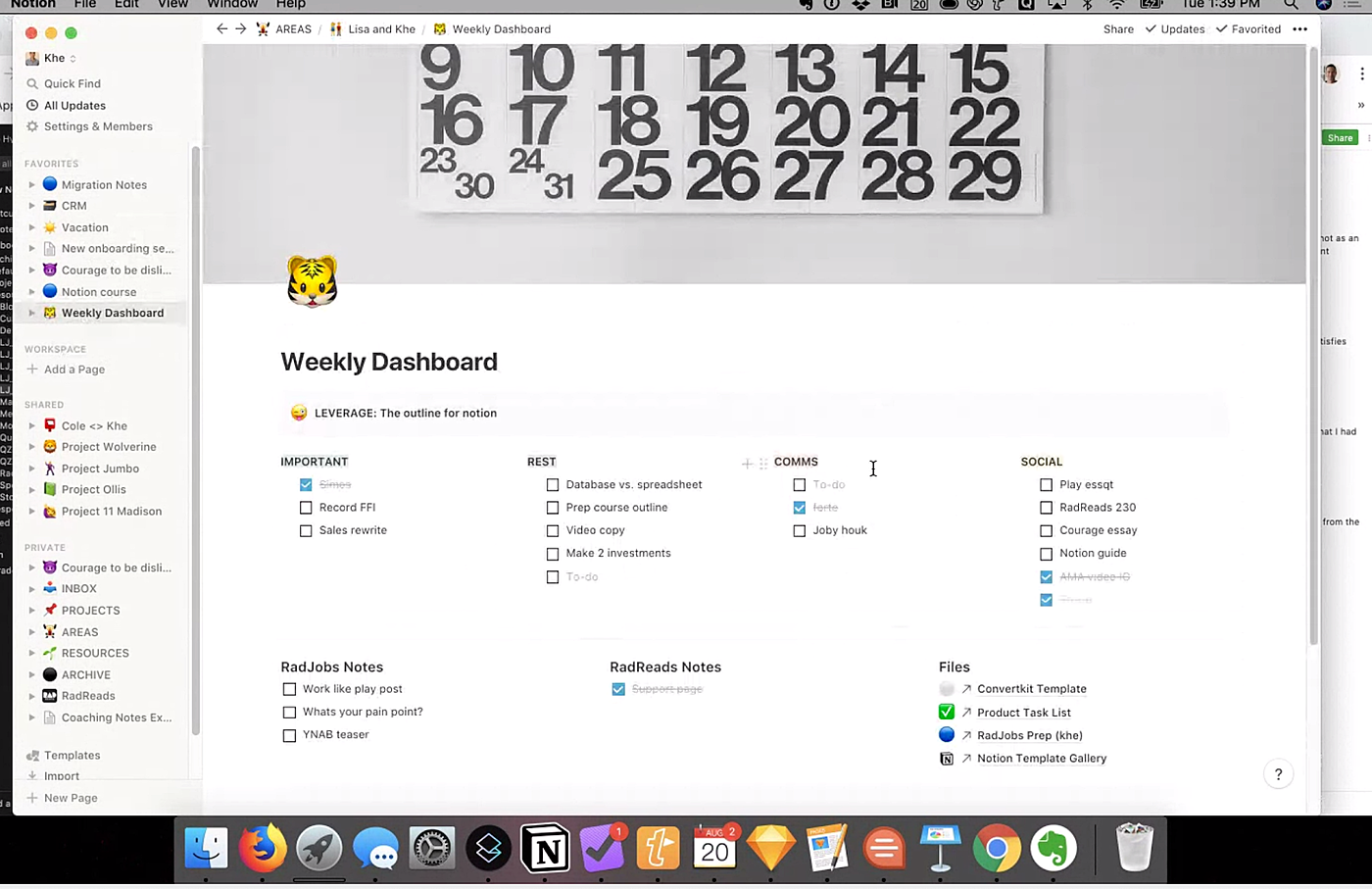
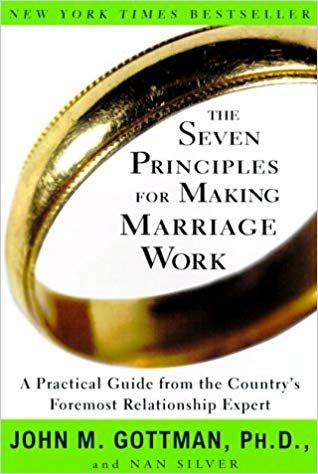






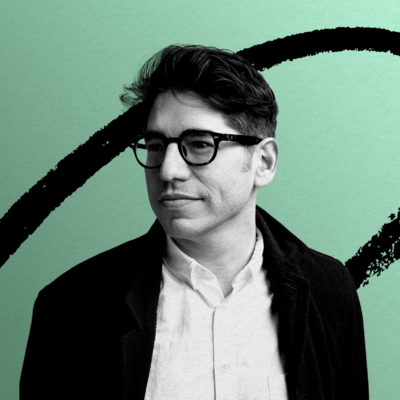
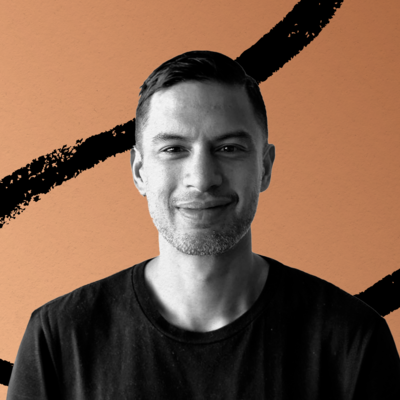
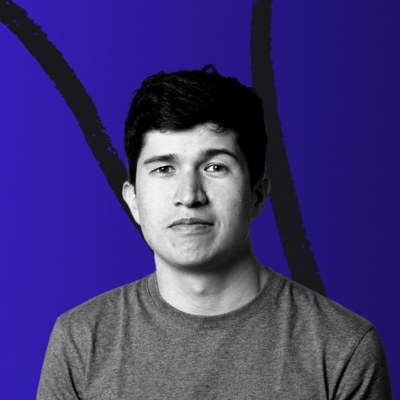

Comments
Don't have an account? Sign up!